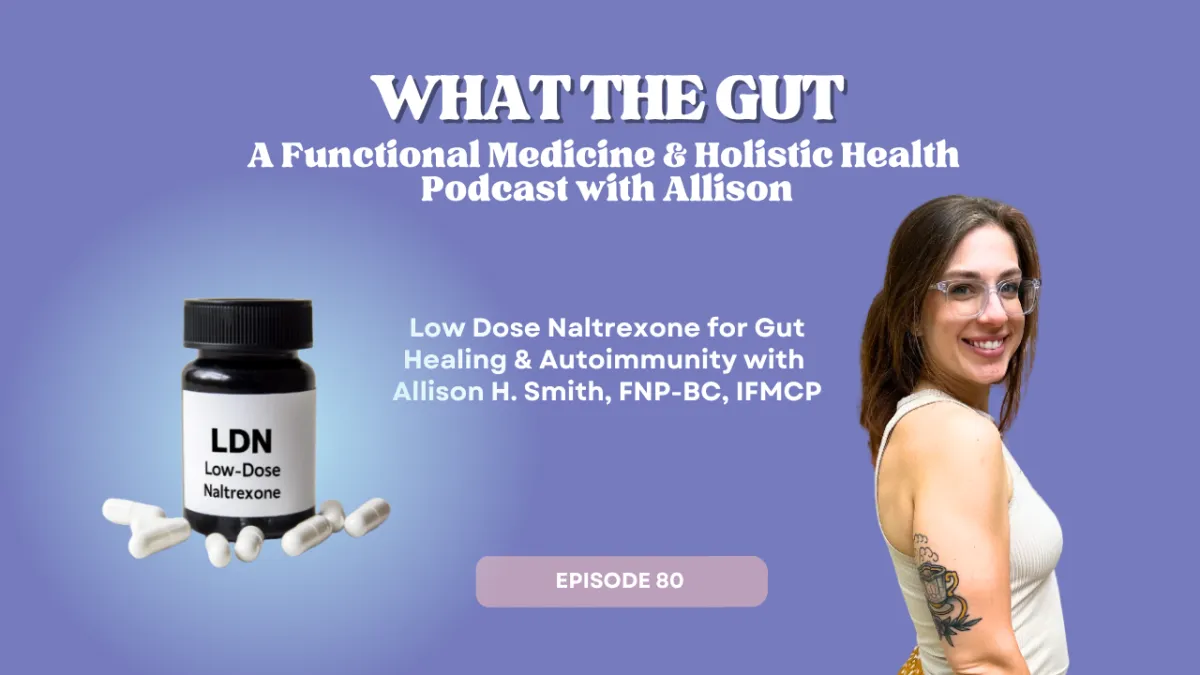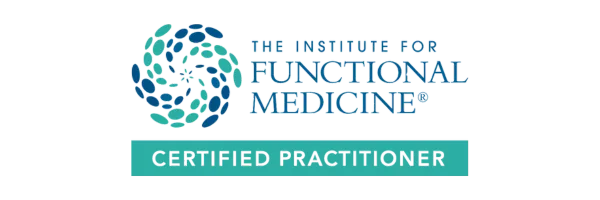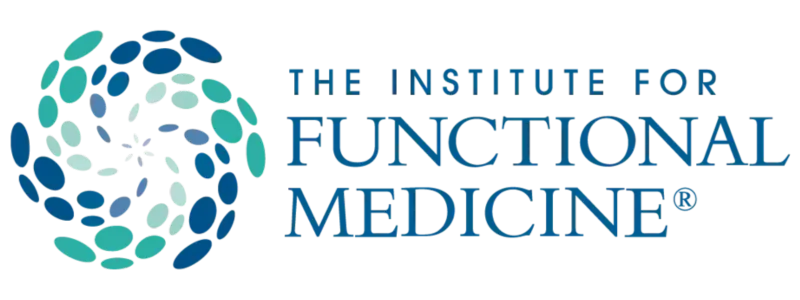
Ep. 80 | Low Dose Naltrexone for Gut Healing & Autoimmunity with Allison H. Smith, FNP-BC, IFMCP
Ep. 80 | Low Dose Naltrexone for Gut Healing & Autoimmunity with Allison H. Smith, FNP-BC, IFMCP
Listen on:
Apple | Spotify | Other Platforms | Watch on YouTube
Welcome to What The Gut, a blog dedicated to functional medicine and holistic health for busy women ready to take charge of their wellness journey. I'm Allison, a double board-certified family nurse practitioner specializing in functional medicine. Here, we decode the gut-hormone connection to help you achieve the vibrant health you deserve without the overwhelm.
Today, we're diving into a topic gaining traction in the world of functional medicine: Low Dose Naltrexone (LDN). If you've been dealing with chronic inflammation, autoimmune diseases, gut issues, or even long-haul symptoms that seem unfixable, this is for you. LDN is emerging as a functional medicine game-changer, although it's not frequently discussed in conventional settings. Let's explore what LDN is, how it works, and who might benefit from it.
What is Naltrexone?
Traditionally, Naltrexone has been used in doses of 50 milligrams or more to help those with opioid addiction. However, when used in much smaller doses (between 0.5 milligrams and 4.5 milligrams), it has a profoundly different impact on the immune system, inflammation, and gut health.
How Does LDN Work?
LDN temporarily blocks opioid receptors, prompting the body to produce more endorphins—our natural painkillers. This process aids in regulating the immune system, reducing inflammation, and supporting tissue healing. Due to these effects, LDN is used for conditions like autoimmune diseases, chronic pain, fibromyalgia, IBS, and even mental health issues like anxiety and depression.
The Impact of LDN on Gut Health and Autoimmunity
Many are unaware of the deep connection between gut health and the immune system, with around 70% of the immune system residing in the gut. When issues like leaky gut or chronic inflammation arise, the body can go into overdrive. LDN has shown the capability to reduce gut inflammation, proving beneficial for those with IBS, Crohn’s disease, colitis, and autoimmune diseases like Hashimoto’s and rheumatoid arthritis. By supporting the gut lining, LDN also offers significant relief for those battling leaky gut or food sensitivities, often resulting in less bloating and improved digestion.
Who is LDN For?
LDN is utilized for a variety of conditions, including:
Autoimmune diseases such as Hashimoto’s, multiple sclerosis, lupus, and rheumatoid arthritis.
Chronic pain conditions such as fibromyalgia or chronic fatigue syndrome.
Gut disorders like IBS, leaky gut, Crohn’s disease, and colitis.
Neurological issues and symptoms, including chronic migraines and neuroinflammation.
Mental health concerns like PTSD, anxiety, and depression.
Interestingly, LDN is also being explored for its potential in alleviating long COVID symptoms and inflammatory-related hormonal imbalances.
Using LDN: What You Need to Know
LDN should be considered as part of a broader treatment strategy rather than a standalone solution. Optimal results are often observed when combined with gut healing, a healthy lifestyle, and targeted supplements.
When considering LDN, it's crucial to consult with a provider knowledgeable in functional medicine for personalized guidance, dosage management, and monitoring of any potential side effects. The typical starting dose recommended is 0.5 to 1.5 milligrams, slowly increasing to 3 to 4.5 milligrams.
Navigating LDN's Off-Label Use
It’s important to understand the concept of "off-label" use. While Naltrexone is FDA-approved for certain applications, using it for conditions not specifically listed (like those mentioned above) is not uncommon in medicine, especially when guided by a skilled provider.
The primary reasons LDN is not widely prescribed by traditional doctors include the lack of large pharmaceutical funding for rigorous trials, a gap in medical training regarding its benefits, and the pharmaceutical model's financial interests in promoting more expensive treatments.
Conclusion
In closing, LDN represents a promising yet underutilized treatment in the realm of functional medicine. If you’re intrigued by the potential of LDN and wish to explore it further, I encourage you to have an informed discussion with your healthcare provider.
If this post has been helpful, please share it with others who might benefit. And if you love what you’re reading, leave a review—it helps spread the word on functional medicine and gut health. For more insights, follow along on Instagram at @AllisonGetsWell, or if you're interested in personalized support, explore my one-on-one coaching program at allisongetswell.com. Until next time, nourish your body, take care of your gut, and continue your journey towards a healthier you.
Connect with Allison:
Instagram: @allisongetswell
Facebook: allisongetswell
Website: www.allisongetswell.com
WELCOME TO WHAT THE GUT
Are you a busy mom seeking balance and wellness? Join me on this journey towards vitality and holistic health. I understand the challenges of juggling endless tasks while striving for a healthier life.
In this podcast, we dive into the nitty-gritty of everyday struggles. From battling fatigue to navigating gut health, I'm here to offer holistic solutions. Say farewell to feeling overwhelmed and let's bring in that vibrant life you've been craving.
I'm Allison, a Holistic Health and Wellness Coach. I've been right where you are, facing the same hurdles. Through faith and functional medicine, I reclaimed my gut health, energy, and well-being. Now, I'm on a mission to help other moms break free from exhaustion and prioritize their health.
This podcast is your haven, providing actionable insights, functional medicine expertise, and tailored lifestyle strategies. Let's unravel the secrets together, empowering you to thrive in motherhood while nurturing your well-being, guided by faith.



